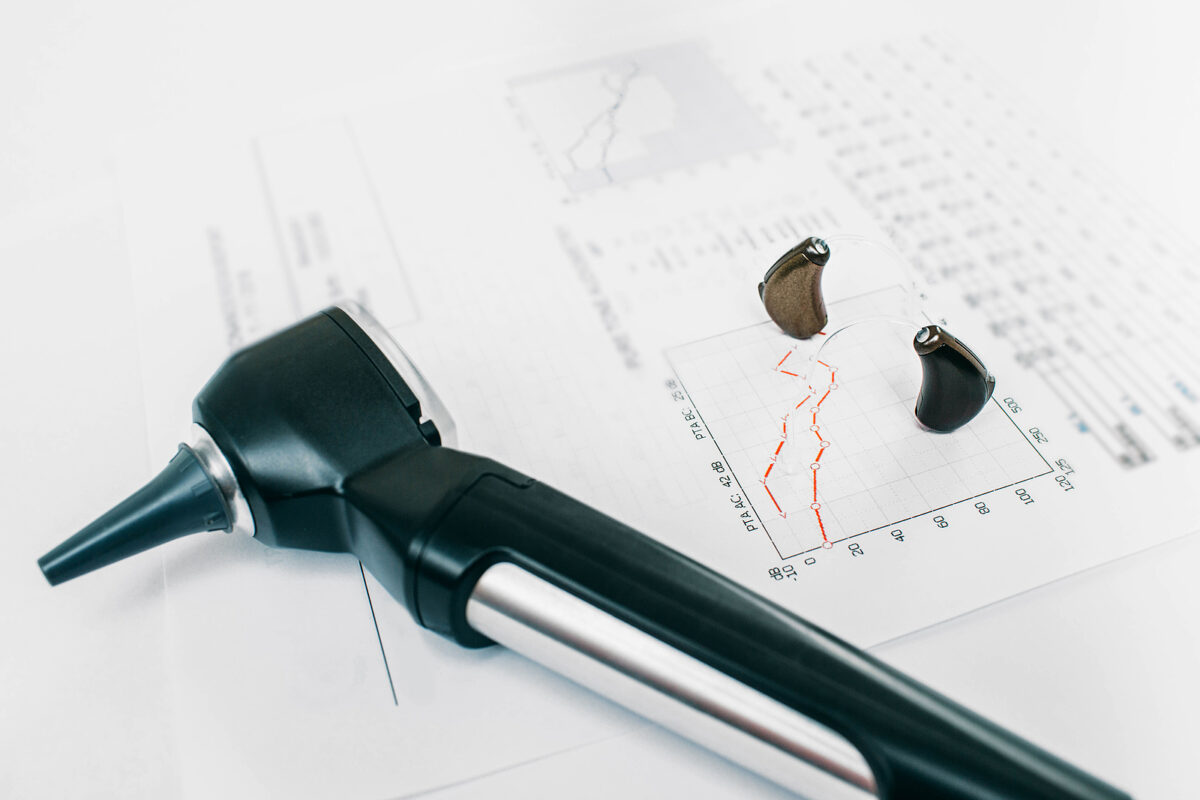The journey to better hearing health often begins with a hearing test, a fundamental diagnostic evaluation that provides valuable insights into your hearing health and potential hearing difficulties. For many individuals, the prospect of a hearing test may evoke some stress, but understanding what to expect can help alleviate anxiety. Let’s demystify the hearing test process, talk through the steps, and give you insight into what to expect.
1. Preparing for Your Appointment
Before your scheduled hearing test, it’s helpful to take some preparatory steps:
- Make a list of any concerns or symptoms you’ve noticed regarding your hearing, such as difficulty understanding conversations, ringing in the ears (tinnitus), or exposure to loud noise.
- Gather information about your medical history, including any previous diagnoses, medications, or treatments related to hearing or ear health.
- Arrange transportation to and from the appointment, if needed.
2. Introduction and Case History
Your hearing healthcare provider will begin by introducing themselves and explaining the purpose and procedures of the hearing test. They may ask you questions about your medical history, lifestyle, and hearing-related concerns to gather relevant information and tailor the assessment to your individual needs.
3. Short Physical Exam
Next, your provider may perform an otoscopy examination, using a specialized instrument called an otoscope. They will examine the external ear canal and eardrum for any visible abnormalities, such as earwax buildup, inflammation, or structural abnormalities.
4. Pure-Tone Audiometry
Pure-tone audiometry is the most common type of hearing test and involves listening to tones at different frequencies (pitch) and intensities (loudness) to determine your hearing thresholds. During this test, you’ll wear headphones or earphones and respond to the sounds by pressing a button or raising your hand when you hear them.
5. Speech Audiometry
Speech audiometry assesses your ability to understand speech in quiet and noisy environments. You’ll listen to recorded or live speech stimuli presented at varying volumes and repeat or respond to the words or sentences you hear. This test helps evaluate your speech discrimination abilities and identify any difficulties understanding speech.
6. Additional Tests and Assessments
Depending on your individual needs and the results of the initial tests, your hearing healthcare provider may recommend additional assessments, such as:
- Tympanometry: A test that measures the movement of the eardrum in response to changes in air pressure, helping assess middle ear function and detect conditions such as fluid buildup or eardrum perforations.
- Otoacoustic Emissions (OAE) Testing: A test that evaluates the function of the cochlea (inner ear) by measuring the response of hair cells to sound stimuli, often used to screen for hearing loss in newborns and young children.
- Auditory Brainstem Response (ABR) Testing: A test that measures the electrical activity of the auditory nerve and brainstem in response to sound stimuli, typically used to assess hearing function in individuals who may have difficulty participating in conventional testing.
7. Discussion of Results and Recommendations
After completing the hearing tests, your provider will review the results with you and discuss the implications for your auditory health. They may explain your hearing thresholds, speech understanding abilities, and any findings related to middle ear function or cochlear function. Based on the results, your provider may recommend treatment options, such as hearing aids, assistive listening devices, or medical interventions to address any identified hearing difficulties.
8. Follow-Up and Ongoing Care
Following the hearing test, your provider will outline any recommended follow-up appointments, treatments, or interventions to address your hearing health needs. They may also provide guidance on strategies for protecting your hearing. Ongoing communication and collaboration with your hearing healthcare provider are essential for maintaining optimal hearing health and addressing any changes or concerns that may arise over time.
Book A Hearing Test
The hearing test is a critical first step in your journey to better hearing health. Remember, we’re here to support you every step of the way, so book your next hearing test today!

